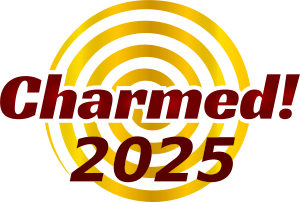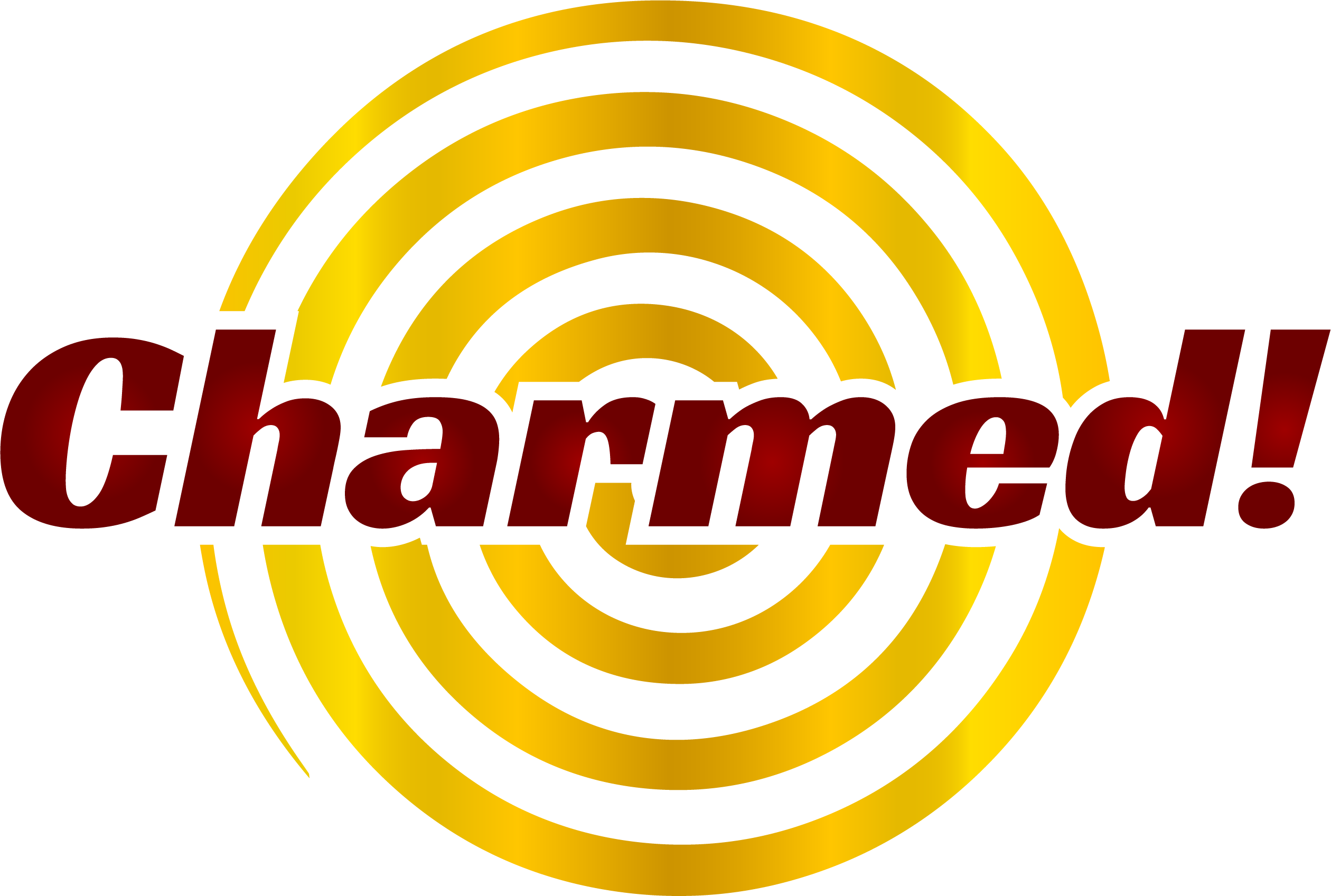
Charmed! Consent FAQ
Charmed! Consent FAQ
Negotiation/Consent
What is negotiation?
Negotiation is the process of deciding whether you will have a scene and, if so, what it will include. Ideally negotiation should outline what will happen during the scene and aftercare. It may also include other things, such as limits and safewords.
Does the negotiation need to be witnessed?
We would like to encourage you to negotiate in public con space before playing in public because it’s a part of the educational experience for others to see. However, we recognize that sometimes this is impractical or not desirable, so it is not strictly necessary. We do require an explicit statement of consent before you begin play. That does not need to be witnessed but it must take place.
Can I use NLP or hypnotic techniques during negotiation?
Absolutely not. Negotiations should take place with all parties on an equal power footing. Using any covert (or overt) techniques to influence another person violates that requirement.
For clarity, if a subject is telling a hypnotist that they think they want to try X but they want some reassurance, that is not influence and they can negotiate that. If the hypnotist is trying to get a subject to agree to it, that is influence and not okay.
Can I ad-lib or add something new that I thought of after negotiation to a scene?
No. It may be a brilliant idea, but you did not negotiate it. Once the scene starts you cannot reopen negotiations to add something new because you are no longer on an equal power footing. Save your brilliant idea for next time.
What constitutes consent?
Consent is a positive statement of agreement to perform an activity or scene. In order to be considered valid, the person giving consent must be free of influence, coercion, or duress at the time of consent. Once given, consent may be freely and immediately withdrawn at any time before the activity takes place.
Can I give consent in advance?
No; consent must be given at the start of the scene. It takes very little to do this, simply have everyone assert their consent and then begin.
Can I give someone consent on Friday to drop me throughout the weekend?
Please see above regarding “Does the negotiation need to be witnessed?”. Charmed! does not encourage any public play or scene that could be perceived as non-negotiated or misunderstood by other con attendees. We encourage attendees to be proactive about consent while in con spaces to set a good example for newer attendees who may be learning about consent for the first time.
What about <insert hypothetical here> scenes?
Any scenario you can think of will be treated the same way. Is there public play? Then there must be either public negotiation or public reference to a prior negotiation (“Are you ready to do that thing we negotiated before?” “Yes”). Obviously we’d like more detail, but that is the minimum you have to do to be compliant. If your scene does not include that, it is not compliant and if there is a complaint made we will act on it.
Public vs Private Space
What constitutes a public space?
The public spaces of the hotel are those spaces that a non-attendee can access at any time, such as the elevators, the public lobby, restrooms, etc. It also includes spaces that non-attendees may have the ability to see into, like the Hospitality Suite. People are expected to maintain street legal attire and, unless otherwise stated, to refrain from overtly kinky activity in public spaces.
What constitutes con space?
Con spaces are those areas that the event is responsible for and that are secured against public access. These include the classrooms/dungeon and anywhere else posted as such. Kinky activities can freely take place in con space.
What constitutes private space?
Private spaces are the areas not controlled by the con or accessible to the public. Primarily this refers to attendees rooms with the doors closed. If the doors are open there is a non-zero chance of a non-attendee (including hotel staff) wandering by, so the space should be treated as a public space.
Can I negotiate a scene in private space?
Yes, certainly. However, if you are going to play the scene in public space, you need to make sure everyone states their consent and that negotiation has occurred previously in the public space.
If I play in private, am I still covered by the consent policy?
Yes. All event policies cover all activities at the event.
Then why are there special rules for con spaces?
Because when you play in the open, people will watch and learn from what you do and how you do it. We want your good consent and negotiation practices to rub off on the less experienced. So we hope you’ll choose to play in con space.
Onlooker Misunderstandings
Are my scene partner(s) and I responsible for onlookers misunderstanding our scene?
No, of course not. If you negotiate your scene publicly, or refer to a prior negotiation before starting, you have done all you can reasonably be expected to do.
How do you distinguish CNC from other sorts of play as an onlooker?
The types and varieties of play are near infinite, so it’s impossible to give a comprehensive list. That said, here are a few warning signs you may see that could be indicators of non-consensual activity:
Does there seem to be an attempt to disengage by one of the participants, especially when the other participants appear to be ignoring those attempts?
Does there seem to be an abrupt end to the scene?
Are requests for a debrief or after-care being denied or not taken seriously?
Does there seem to be negotiation while one of the parties appears extremely fractionated?
Is a person saying “no” or using some other safe word, and is that being ignored by the other participant(s)? (but see the next question)
Does there seem to be an unexpected “fight, flight or freeze” reaction?
Do one of the participants appear to be especially upset or withdrawn after the scene, out of proportion to what happened?
Remember, some of these things can also happen in a negotiated scene, so there’s no “smoking gun” to be found. When in doubt, approach a consent team member, who will check in on everybody after the scene and make sure they’re okay. If there is something wrong, the consent team is trained in how to handle it, and if there isn’t then no harm is done. Please do NOT interrupt the scene in progress.
My scene will involve my partner(s) saying “No, no, don’t” and things like that, but they aren’t meant as stop words. How do you handle that?
This is okay, but you need to have established actual safewords in lieu of “no” or “stop” so that your partner can clearly communicate the need to pause or stop the scene. These safewords should be reviewed as part of your in-public negotiation. If people walk in mid-scene and get concerned because you seem to be ignoring their pleas to stop, see the answer above. If you are playing in the dungeon, please let the DM know before you start a scene in which “no” is not a safeword.
Roles & Responsibilities
The Consent Team (Green / Forest Green Badge Holders):
Receives consent complaints/reports
Makes sure everyone involved is heard and supported
Provides a written report to the concom on what happened
Provides advice or assistance in negotiating a scene
May be consulted on any question regarding consent policy or enforcement
The Concom (Orange / Gold Badge Holders):
Receives reports on other policy violations (harassment, privacy, etc.)
Receives reports on consent incidents from the consent team
Decides what to the final resolution of all reports will be
May be consulted on any question of policy by anyone
For more information on how Charmed! handles consent incidents and other consent- or policy-related complaints, please see the Charmed! Report Handling Procedure document.
